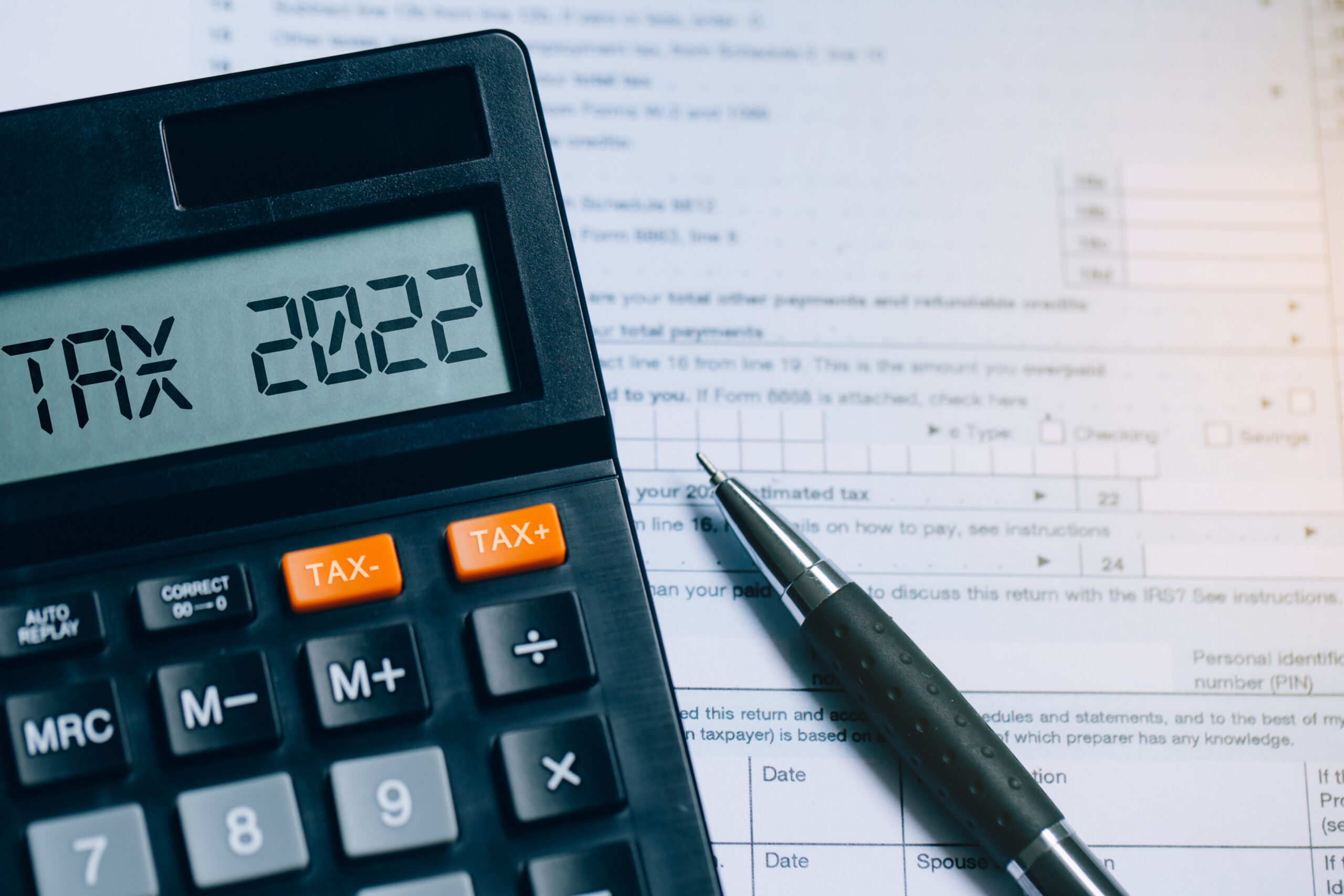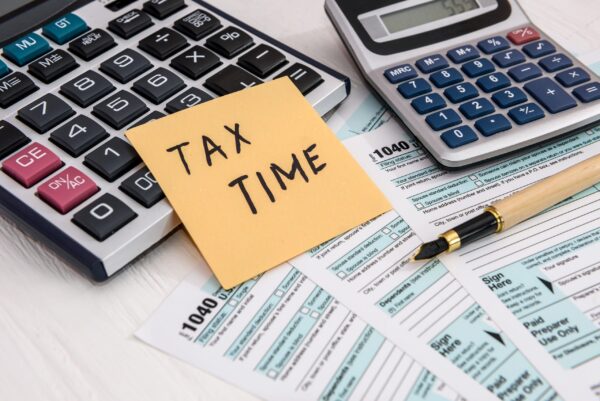If you were like many Americans who purchased a home for the first-time last year, it’s important to understand how your taxes may be affected. Here is a quick checklist of things to think about as you prepare your return:
- Mortgage interest. You could deduct the interest you paid on your monthly payment, if your mortgage debt is under $750,000.
- Mortgage points. If you brought your mortgage interest rate down, you could deduct that cost from your first tax filing after your purchase.
- Property taxes. Make sure you deduct your real estate taxes. You may be eligible to deduct a total of $10,000 in state and local property taxes if you are single, a head of household, or if you’re married and filing jointly. If you are married and filing separately, you can deduct up to $5,000.
- Mortgage insurance payments. If you put less than 20% down on your home, you are most likely paying mortgage insurance. This amount is deductible too!
- Home office space. A lot of people are working from home now, and if you have dedicated space to conduct business, you could deduct that square footage on your taxes.
- Waived IRA fees. If you dip into your IRA account to help with your down payment, the IRS will waive the 10% penalty for removing money early. To receive this benefit, you can take out up to $10,000.
- Energy-saving improvements. There are tax credits available if you install certain energy-efficient equipment in your home. If you’ve added energy-efficient insulation, doors, heating and air-conditioning systems, wood stoves, water heaters, etc., you could be eligible.
Before you submit your tax return, make sure you have all your documentation organized. Gather any tax documents you received from your mortgage lender, receipts for home improvements you completed, or details about donations you made during the last year.
You still have one month until the tax filing deadline. Don’t wait to get started in case your accountant or tax filing system needs additional information. If you have any questions about any of the tax deductions mentioned above or other incentives you may be eligible for, reach out to your loan officer and they can answer any questions you may have.


